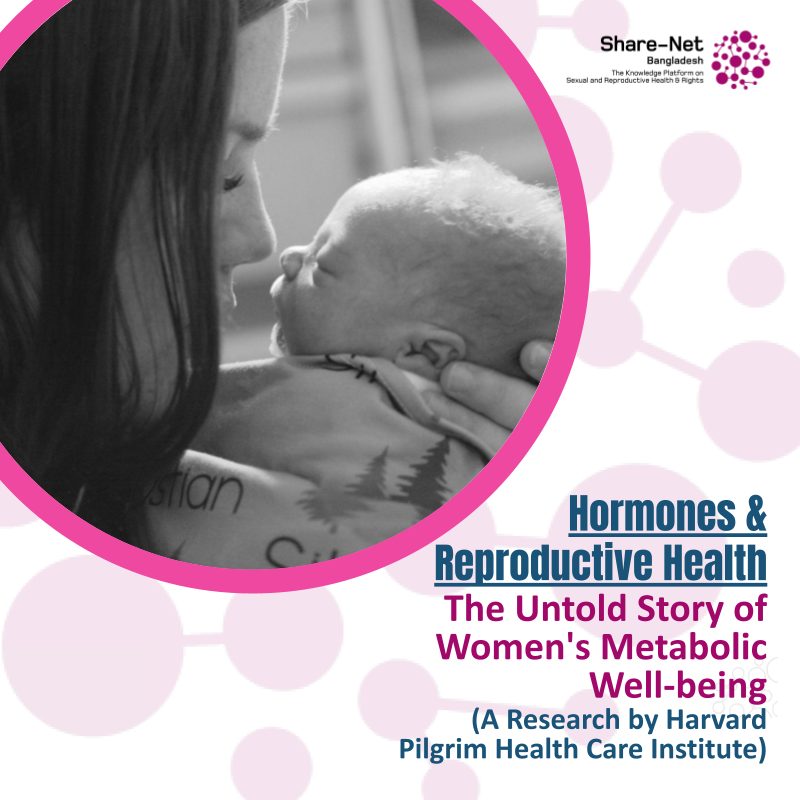Hormones & Reproductive Health: The Untold Story of Women’s Metabolic Well-being
Researchers at the Harvard Pilgrim Health Care Institute have shed light on a crucial yet often overlooked aspect of women’s health — the connection between female reproductive milestones and the risk of developing diabetes and high cholesterol later in life. Published in Cell Metabolism, the review, titled “Reproductive risk factors across the female lifecourse and later metabolic health,” explores how reproductive characteristics could be early indicators of metabolic dysfunction.
Metabolic health, a key determinant of overall well-being, encompasses optimal blood glucose, lipids, blood pressure, and body fat. The study reveals that variations in these factors may pave the way for the onset of type 2 diabetes or cardiovascular disease.
Lead author Amy R. Nichols emphasizes the significance of recognizing reproductive milestones as potential risk factors, stating, “Current evidence linking certain female reproductive traits to chronic metabolic health and disease suggests that screening for reproductive risk factors across the lifecourse may be an initial step to aid prevention or treatment of chronic metabolic diseases.”
The identified reproductive risk factors include early age of first menstruation, menstrual irregularity, the development of polycystic ovary syndrome (PCOS), high weight change in pregnancy, abnormal blood sugar and lipid levels during pregnancy, and the severity and timing of menopausal symptoms. These seemingly disparate traits may share common underlying mechanisms leading to poorer metabolic health, such as genetic influences, hormonal fluctuations, or body fat.
While acknowledging the importance of recognizing these reproductive milestones as risk factors, the study team stresses the need for further research to unravel the complex relationships between these factors and metabolic dysfunction. Senior author Emily Oken highlights the challenges of this task, stating, “Disentangling the relationship between risk factors and metabolic dysfunction is challenging. Clinical evidence gathered in the health care setting across the female reproductive lifespan may be critical for patient education, implementing prevention strategies, and staving off disease onset.”
This research not only provides valuable insights into potential causes of metabolic dysfunction but also underlines the need for a more comprehensive approach to women’s health. Acknowledging and addressing the intricate relationship between female reproductive milestones and metabolic health could pave the way for improved patient education, personalized prevention strategies, and more effective disease management.
As we delve deeper into understanding these connections, a new era of women’s health is on the horizon—one that recognizes the importance of reproductive milestones in shaping overall well-being.
Source: Asian News International
Picture Credit: Alexander Grey/Unsplash



